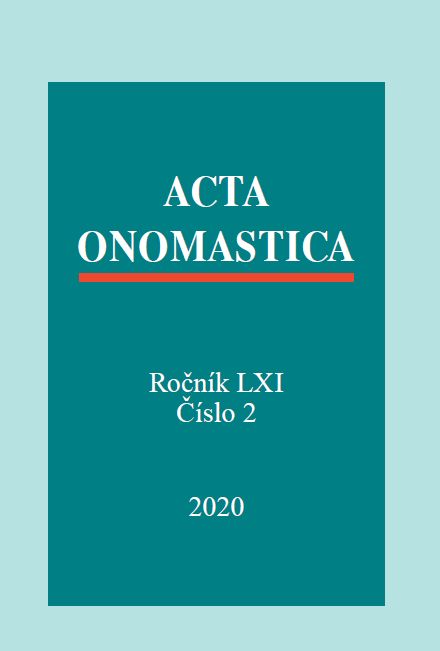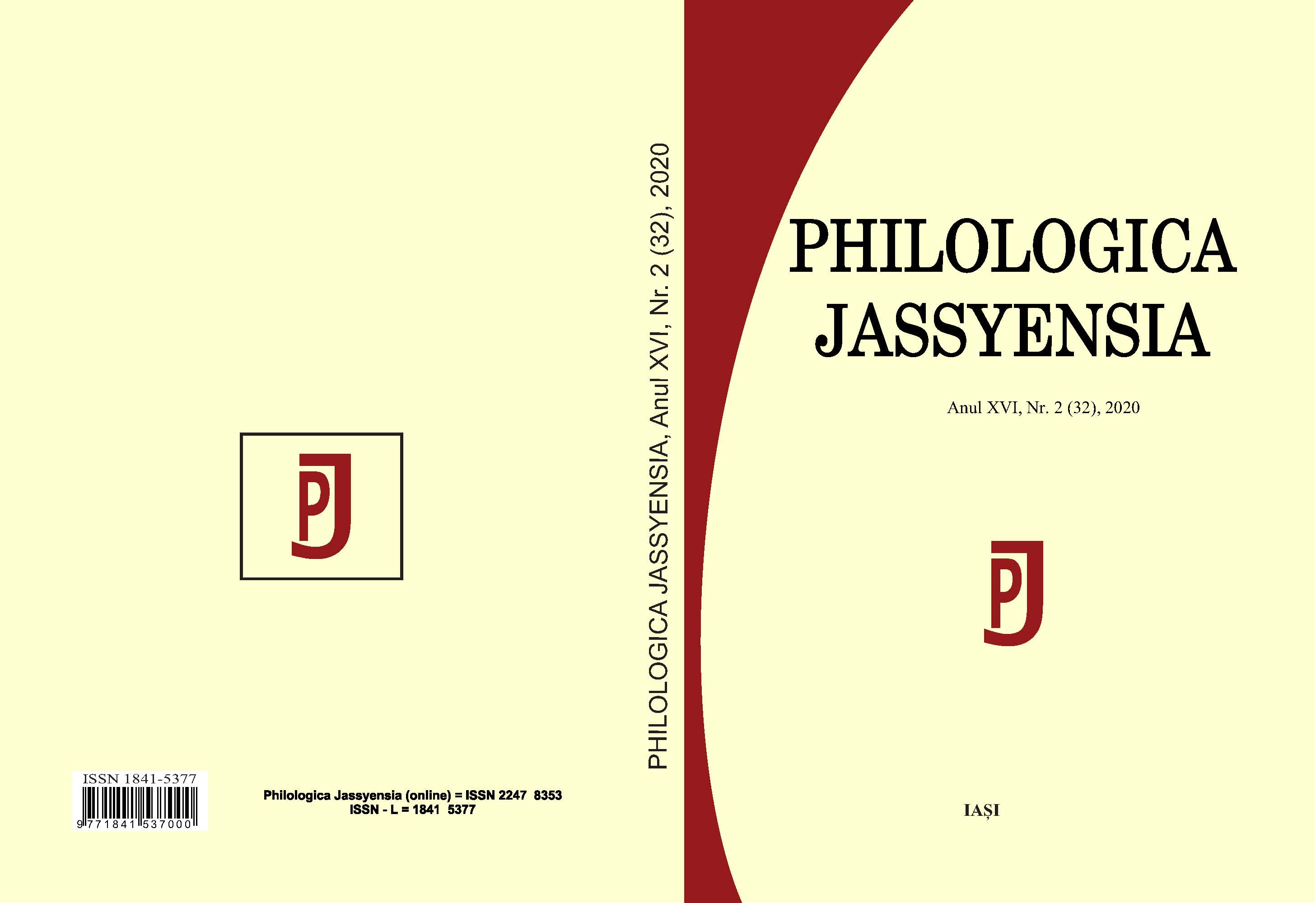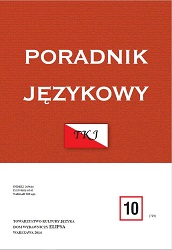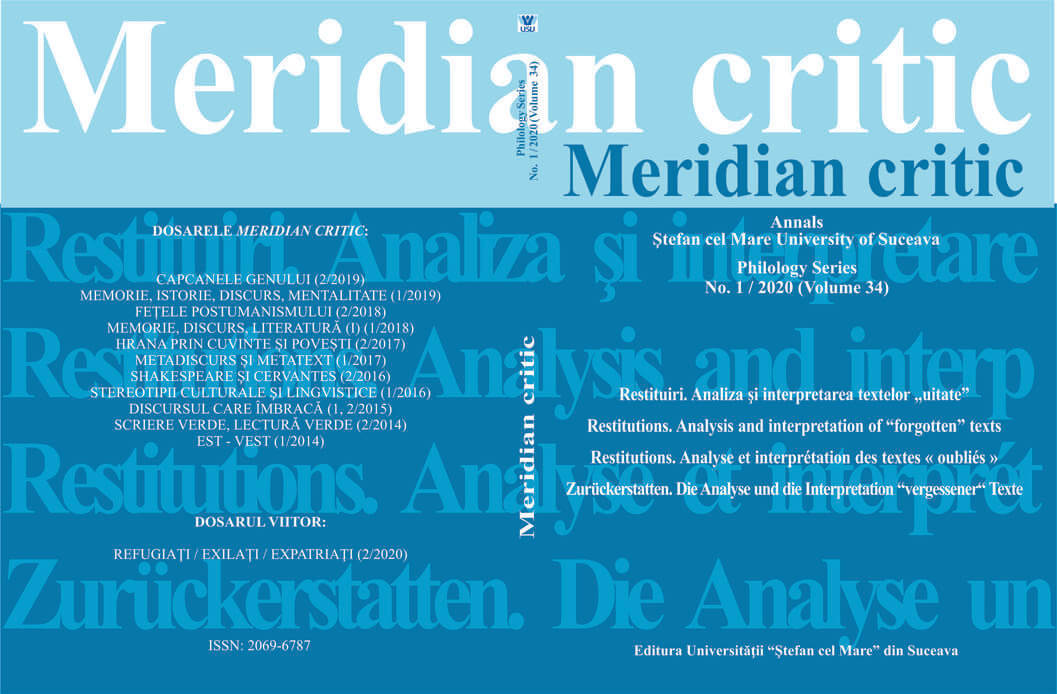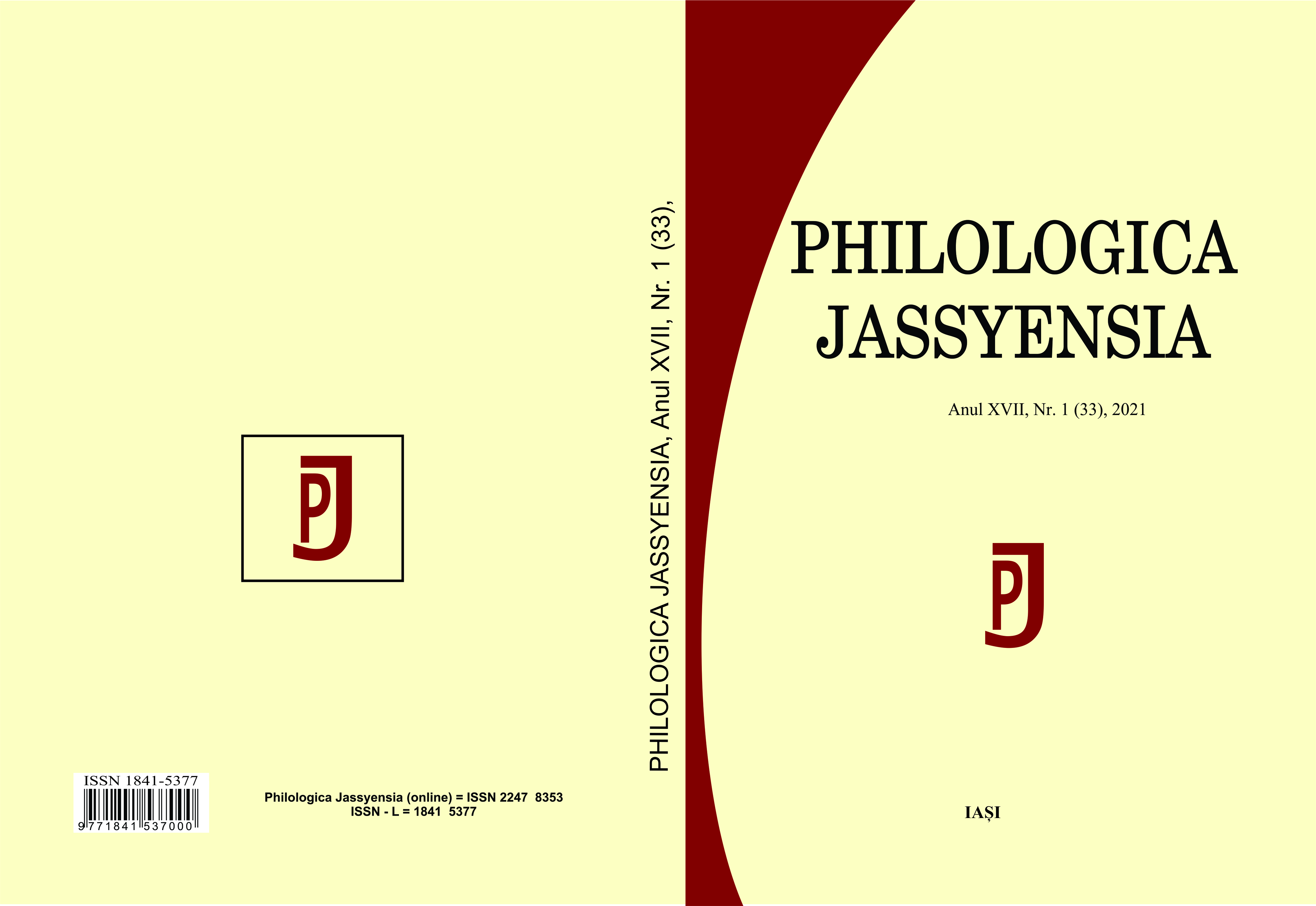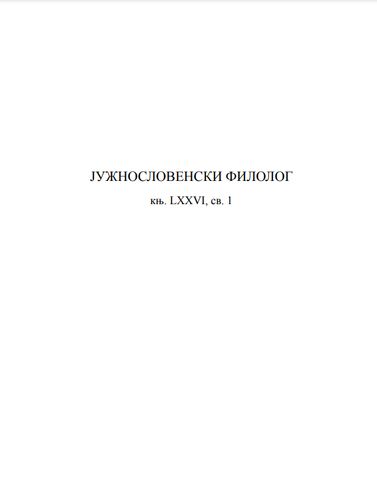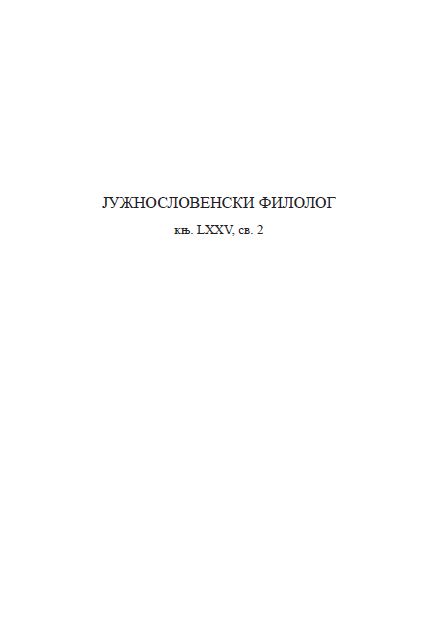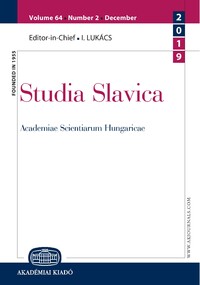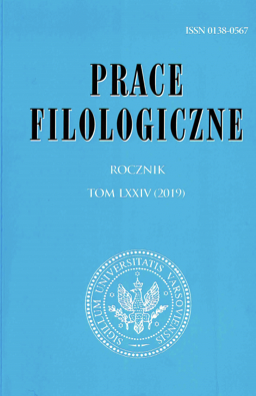Author(s): Marta Bjeletić / Language(s): Russian
Issue: 1/2020
Contemporary etymological research is largely aimed at rethinking hitherto offered etymological solutions, especially for words that do not have a generally accepted interpretation. One of those words is PSl *kovylъ / *kovylь ‘feather-grass, Stipa pennata’, whose continuants are attested mainly in Eastern and Southern Slavic languages: Ru. kovyľ, kovyl, Ukr. koviľ, kovila, Bel. kavyľ, Bulg. kovil, koil, kofil, Mac. kovil, kofil, SCr. kovilje, Sln. kovilje. The etymological literature has drawn attention to the potential connection of PSl *kovylъ / *kovylь with the verb *kovyľati (sę) ‘to swing, wobble, stagger’, even though this verb does not have a unanimously accepted interpretation either. This paper departs from the assumption that the phytonym and verb under consideration have a common origin, and that the prefix *ko- is distinguished in both forms. The verb is related to PSl *vьlati, vьlajǫ ‘to swing, swing on waves’, related to PSl *vьlna ‘wave’, *valiti (sę) ‘to roll’, and ultimately boils down to the IE root *ṷelH- ‘to roll’. As among the continuants and derivatives of the PSl verb *vьlati there is a variation of the reduced vowels (-ь- : -ъ-) at the root (cf. OCS vъlajati sę ‘to oscillate (about waves)’, etc.), forms with the vocalism -ъ- could serve as a basis for the occurrence of the secondary ablaut *vъl- / *vyl-. Thus, from the unconfirmed prefixed form *ko-vъlati sę (a form without the prefix *vъlati sę is reconstructed!), an intense / iterative *kovyl(j)ati sę could be created in the same meaning. The variance of -ati / -jati can be explained from the original *kovylati, koviljǫ (sę), with the subsequent spread of the palatal ľ from the present tense stem to the infinitive stem. This also explains the variation of the palatal and non-palatal l at the end of the stem of the deverbal noun *kovylъ / *kovylь.
More...

